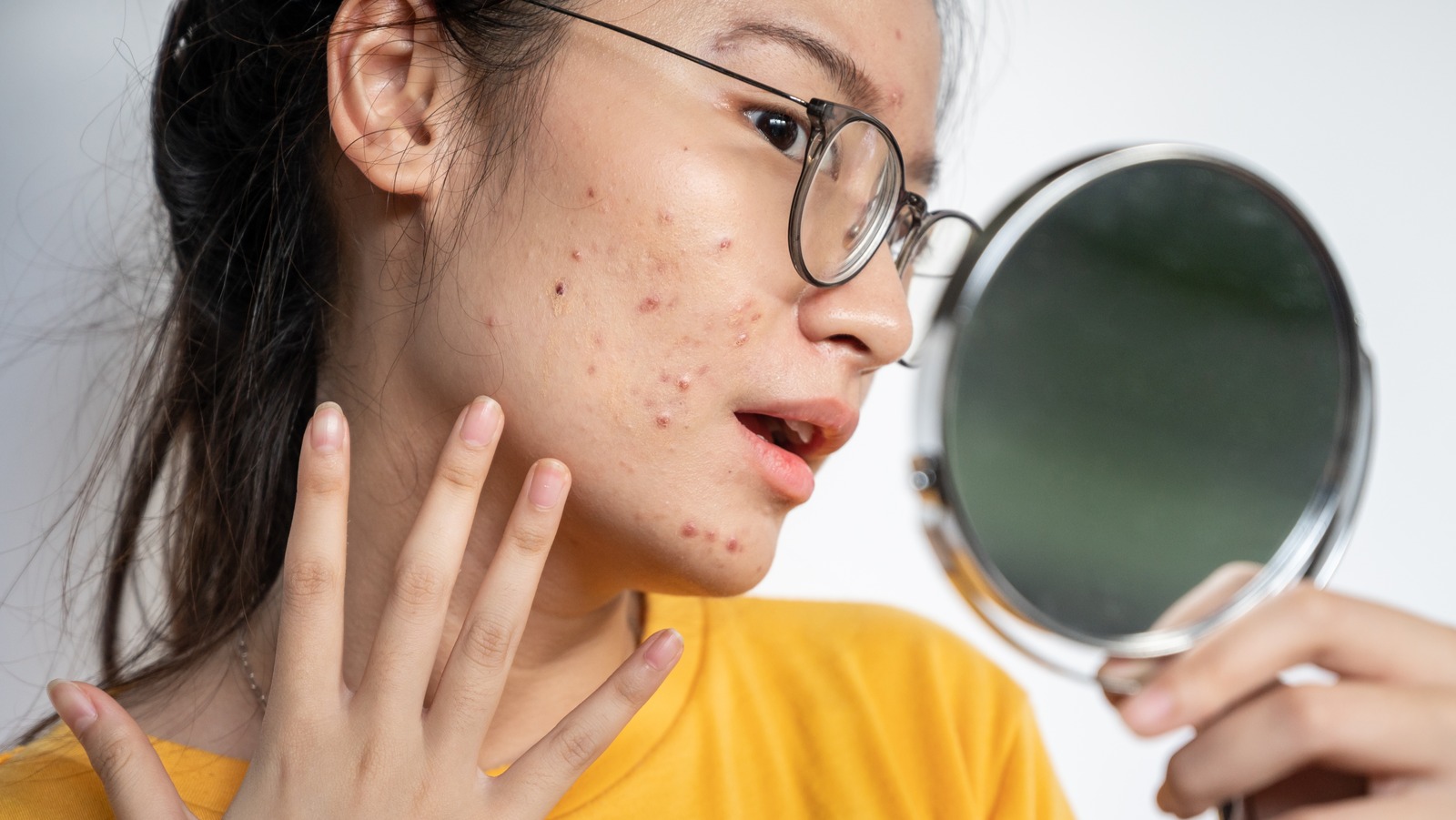Holistic Acne Treatments That Are Better Than What You've Been Doing - The List

Essential oils are commonly used in the treatment of acne, rosacea, eczema, and other skin conditions. A good example is rosemary essential oil, which may help destroy Propionibacterium acnes, the bacterium responsible for acne breakouts, reports a 2007 study published in Planta Medica. You may also try tea tree oil for its antibacterial and anti-inflammatory effects. This natural remedy is rich in terpenes, limonene, and other phytochemicals that may help kill common bacterial strains like P. acnes, S. aureus, Lactobacillus, and E. coli, according to 2015 research featured in the journal Clinical Microbiology Reviews.
Another option is lavender essential oil, which can accelerate healing and prevent acne scars. David Karlak and Susan Griffin-Black, two experts interviewed by Byrdie, also recommend cypress, rosehip seed, or jojoba oil. For example, rose oil contains farnesol, a compound that soothes dry skin and reduces excess sebum, notes Griffin-Black.
Remember to dilute your favorite essential oils with a carrier oil before applying them to the skin. These products are very concentrated and may cause irritation if used undiluted. As a general rule, add one drop of essential oil for every three drops of coconut, avocado, or olive oil, suggests doTerra. Lavender essential oil can be used as is, but it's best to dilute it if you have sensitive skin.

Comments
Post a Comment